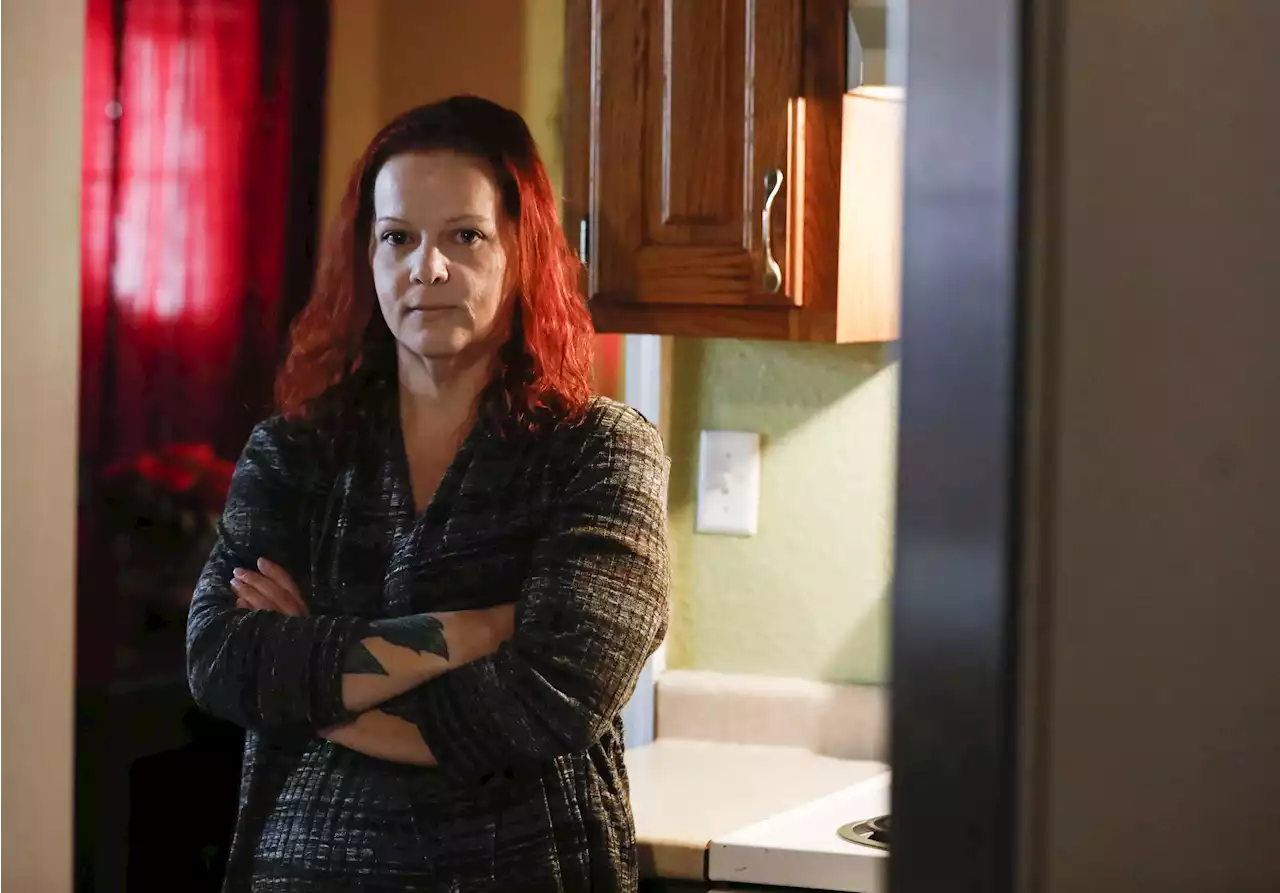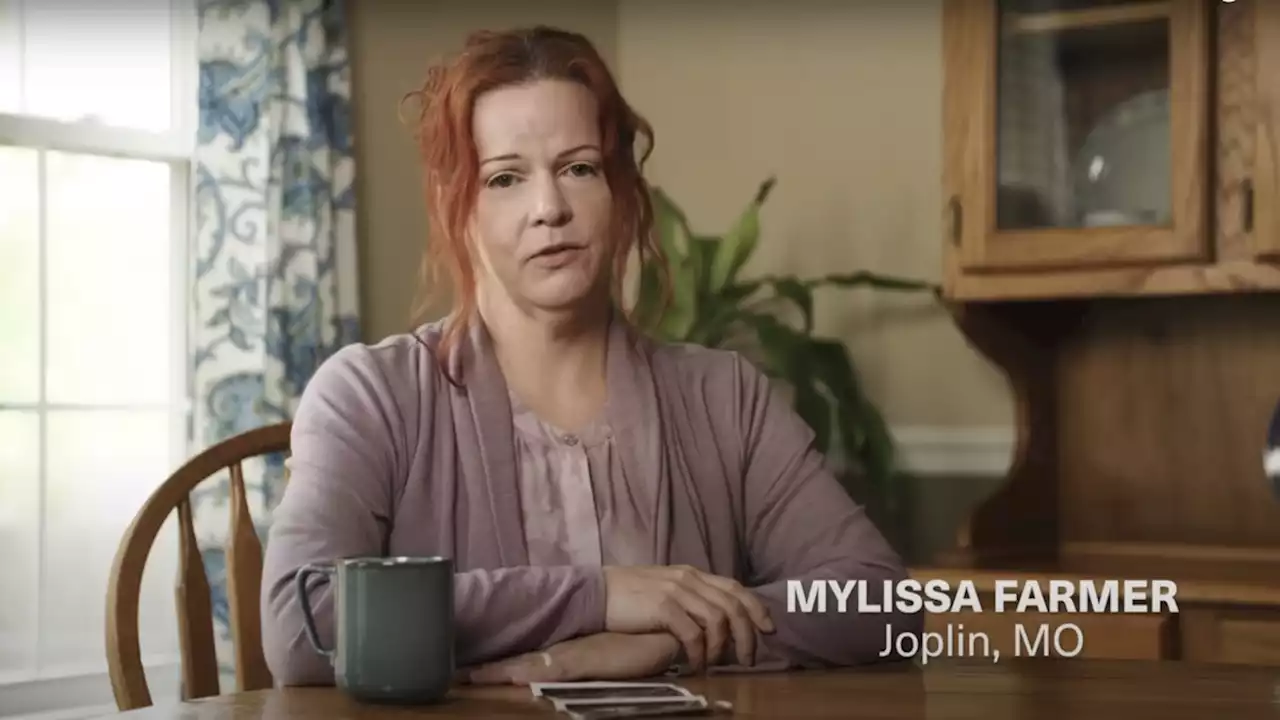Will a drug allow a patient to live a longer, better life? That question lies at the heart of drug trial outcomes. But sometimes those core goals get buried in the design and interpretation of drug trials. CodeBreaK 200 trial represents a prime example:
Will a drug allow my patient to live a longer, better life? That question lies at the heart of drug trial outcomes.The recentCodeBreaK is a phase 3 randomized controlled trial that evaluated the new targeted drug sotorasib againstG12C mutation positive non–small cell lung cancer who have already progressed on both immunotherapy and chemotherapy — essentially a last-line therapy trial.
Progression-free survival results showed that compared with docetaxel, sotorasib improved median PFS by 1 month . Some of these experts may be confusing excitement surrounding a scientific discovery with the need to celebrate trial results, even when they're not impressive. Yes, being able to drugis a huge scientific discovery. It's also true that the CodeBreaK 200 results are underwhelming. Both statements can simultaneously be true. We don't need to buy into hype.
However, the more surprising fact about this trial was that it was initially appropriately powered for overall survival. The publication mentions that"per regulatory feedback," the protocol was"amended to decrease" the sample size and"only power the trial for PFS," to"limit the overall number of patients treated with docetaxel."
United States Latest News, United States Headlines
Similar News:You can also read news stories similar to this one that we have collected from other news sources.
 Feds: Hospitals That Refused Life-Saving Abortion Broke LawA first-of-its-kind investigation by the Department of Health and Human Services is seeking to hold two hospitals accountable.
Feds: Hospitals That Refused Life-Saving Abortion Broke LawA first-of-its-kind investigation by the Department of Health and Human Services is seeking to hold two hospitals accountable.
Read more »
 Hospitals that denied emergency abortion broke the law, feds sayA first-of-its-kind federal investigation has found two hospitals put a pregnant woman's life in jeopardy and violated federal law by refusing to provide an emergency abortion when she experienced premature labor at 17 weeks. The findings are revealed in documents obtained by The Associated Press. The findings serve as a warning to hospitals around the country as they struggle to reconcile new state laws banning or severely restricting abortion with a federal mandate for doctors to provide abortions when a woman’s health is at risk. The hospitals in question are in Missouri and Kansas. The hospitals haven't responded to requests for comment. The woman had to travel to an abortion clinic in Illinois.
Hospitals that denied emergency abortion broke the law, feds sayA first-of-its-kind federal investigation has found two hospitals put a pregnant woman's life in jeopardy and violated federal law by refusing to provide an emergency abortion when she experienced premature labor at 17 weeks. The findings are revealed in documents obtained by The Associated Press. The findings serve as a warning to hospitals around the country as they struggle to reconcile new state laws banning or severely restricting abortion with a federal mandate for doctors to provide abortions when a woman’s health is at risk. The hospitals in question are in Missouri and Kansas. The hospitals haven't responded to requests for comment. The woman had to travel to an abortion clinic in Illinois.
Read more »
 Feds: Hospitals that denied emergency abortion broke the lawA first-of-its-kind federal investigation has found two hospitals put a pregnant woman's life in jeopardy and violated federal law by refusing to provide an emergency abortion when she experienced premature labor at 17 weeks
Feds: Hospitals that denied emergency abortion broke the lawA first-of-its-kind federal investigation has found two hospitals put a pregnant woman's life in jeopardy and violated federal law by refusing to provide an emergency abortion when she experienced premature labor at 17 weeks
Read more »
 Feds: Hospitals that denied emergency abortion broke lawNationwide, doctors have reported uncertainty around how to provide care to pregnant women, especially in the nearly 20 states where new laws have banned or limited the care. Doctors face criminal …
Feds: Hospitals that denied emergency abortion broke lawNationwide, doctors have reported uncertainty around how to provide care to pregnant women, especially in the nearly 20 states where new laws have banned or limited the care. Doctors face criminal …
Read more »
 Hospitals that denied woman an emergency abortion broke the law, feds chargeTwo hospitals that refused to provide an emergency abortion to a woman who was experiencing premature labor put her life in jeopardy and violated federal law, a first-of-its-kind investigation by the federal government has found.
Hospitals that denied woman an emergency abortion broke the law, feds chargeTwo hospitals that refused to provide an emergency abortion to a woman who was experiencing premature labor put her life in jeopardy and violated federal law, a first-of-its-kind investigation by the federal government has found.
Read more »
 Hospitals That Denied Woman Life-Saving Abortion Broke Federal Law, Biden Agency RulesMylissa Farmer was forced to travel from Missouri to Illinois to be treated for life-threatening pregnancy complications after her water broke at 17 weeks.
Hospitals That Denied Woman Life-Saving Abortion Broke Federal Law, Biden Agency RulesMylissa Farmer was forced to travel from Missouri to Illinois to be treated for life-threatening pregnancy complications after her water broke at 17 weeks.
Read more »
